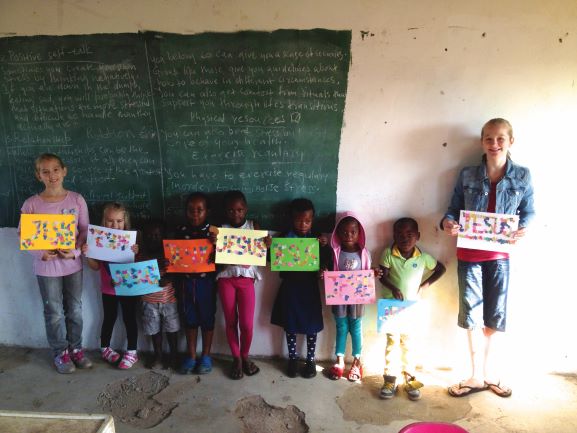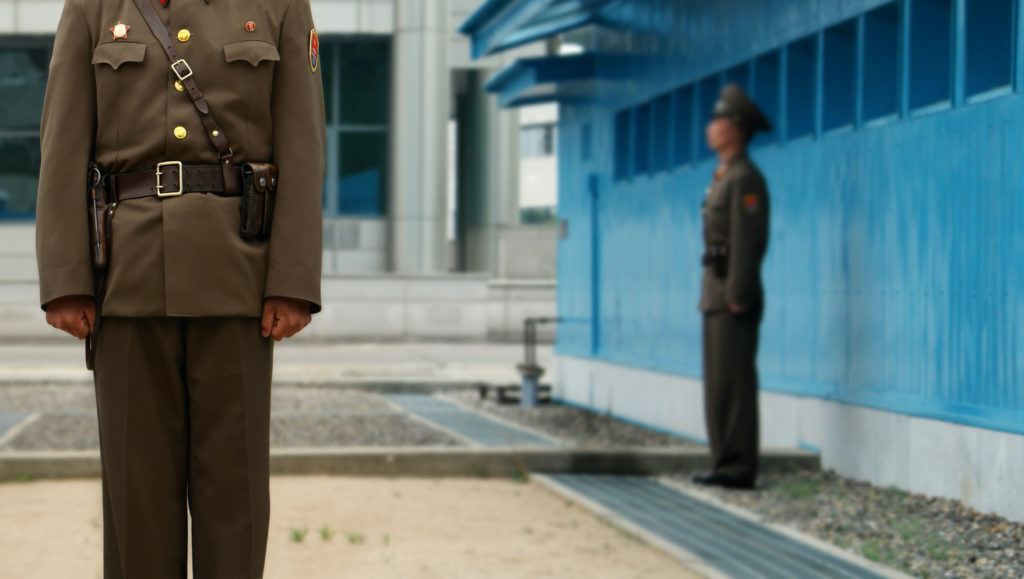There are lots of cool things about being a missionary kid (MK), but every MK knows that there are also things that are not so cool. Over time, I have learned how to get over the stuff that bothers me and make sure I don’t take the cool things for granted.
Some MKs struggle with the fact that they never belonged to a certain country or that they look or talk different than the majority of their neighbors. My sister and I are the only white girls in our youth group, and every time I talk to someone, they ask me if I am American — every single time. Some MKs feel that they can’t fit in with their friends because they are different. I struggled with that for years, but trying to forget that I was different just didn’t do any good. So, I had to acknowledge that I was not African, and when I got over how I felt about being different, I realized that my friends didn’t care. I felt so dumb for spending so many years fretting and inwardly complaining about how different I was, only to realize that my friends like mehowIam.TheylikemeevenifItalk with an accent or if I have no idea what is going on with the rugby teams.
One of the worst things an MK can do is spend their whole time on the mission field trying to cover up their true identity because sometimes it is fun to be different. For example, being an American gives people a chance to find out what Americans and America are like. I have answered lots of questions about America and sometimes they are absolutely crazy, like “Do you see movie stars all the time?” “Does everyone live in mansions?” and my personal favorite, “Does America have trees?” During my time in South Africa, I started developing my own nationality. I’m American — there is no doubt about that — but I have started to fit in with my South African friends as the African/American. I’m different and it is ok. I have cool stories to tell in America, and I have cool stories to tell here in South Africa.
“I’ve grown up living in one country and saying that I belonged to another.”
It took me a long time to realize that I’m not an oddball that doesn’t fit in; I’m a girl that has tons of different stories and experiences to share. There are lots of neat things that my family can do here that we would never be able to do if we lived in the States. For example, we live close to a game park, and almost every month, we get to see lions, giraffes, hyenas, wild dogs, and lots of other animals. And the park isn’t the only place to see amazing animals. A nearby town has a leopard that lives right on the edge of town, and in another town, residents have reported hippos in their backyard. MKs all over the world have loads of stories that would fascinate other people for hours, but it’s easy to forget that we have experiences and opportunities that most kids never get.
Being an MK also forces you to develop lots of social skills because we have to interact with a lot of people, whether they are kids in an orphanage, pastors in a rural area, or sick women in a hospital. While it can sometimes feel like being in a torture chamber, those moments teach us how to interact with all different kinds of people. Those moments also teach us how to be encouraging and helpful and how to honor God through all our actions and words in any circumstance.
There is no doubt that being an MK comes with many hard things, like relocating to a different country and leaving family behind, but in each of those things, I’ve had the opportunity to see God work in wonderful ways. My dad was just asked to be the Regional Administrator for East Africa, which means that we have to move to Tanzania. I was very upset and am still going through the process of giving pets away, saying goodbye to friends, and packing our house. Most people would freak out at just the idea of moving to a different country – let alone packing up without knowing what house, car, or church we will have. But that is what we come to embrace as MKs. People say to trust Jesus and see where He leads you and what He gives you. And no one understands that better than MKs.




